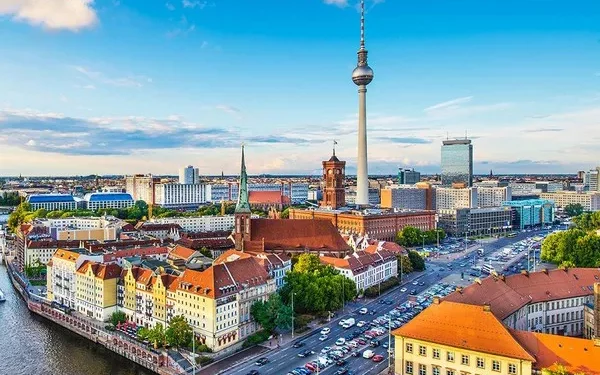Migrating to Korea can be a complicated and challenging process, but with the right information and preparation, it can be a smooth and successful transition. Here are some steps to guide you through the process of migrating to Korea.
- Determine your eligibility: Before you start the process, it’s essential to check if you’re eligible to migrate to Korea. The eligibility criteria will vary depending on the type of visa you’re applying for. For example, if you’re applying for a work visa, you’ll need a job offer from a Korean employer, while if you’re applying for a student visa, you’ll need to be accepted into a Korean educational institution.
- Choose the type of visa: Korea offers various types of visas, including work visas, student visas, family visas, and permanent residency visas. Choose the type of visa that best suits your situation and goals. It’s important to research the requirements and restrictions of each visa type before applying.
- Prepare your documents: Each visa type requires different documents, but in general, you’ll need a valid passport, a visa application form, a recent photograph, and supporting documents, such as proof of employment, education certificates, or financial statements. Check the specific requirements for your chosen visa type.
- Apply for a visa: Once you have gathered all the required documents, you can apply for a visa at the Korean embassy or consulate in your home country. Make sure to apply well in advance, as visa processing times can vary.
- Plan your move: After you’ve received your visa, you can start planning your move to Korea. Research housing options, transportation, and other essential services to help you settle in. Consider reaching out to expat communities or forums to get advice and tips from other people who have already made the move.
- Register with the local authorities: Once you arrive in Korea, you’ll need to register with the local authorities within 90 days of your arrival. This process will include obtaining an alien registration card and registering your address.
- Learn Korean: Although many Koreans speak English, it’s helpful to learn the Korean language to better integrate into society and communicate with locals. Consider enrolling in language classes or using language learning apps to improve your skills.
In conclusion, migrating to Korea can be a lengthy and complicated process, but with the right preparation and information, it can be a smooth transition. Research the eligibility criteria and requirements for the visa type you’re interested in, gather all the necessary documents, and plan your move to Korea. With patience, perseverance, and dedication, you can successfully migrate to Korea and start a new chapter in your life.




















